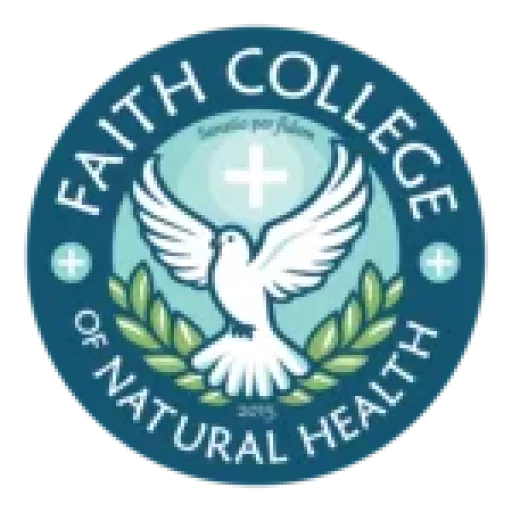Master’s Degree
1 title (Major Only) or 2 titles (Major/Minor)
Major/Minor are reversible
Major – Health & Wellness
Minor – Preventive Health
(Modules 5 and 6) – 180 Total Credits
FCNH Integrative Health program will teach you the fundamentals of functional nutrition for restoring health focusing on therapeutic nutrition and supplements, digestion and GI health, hormones and endocrinology, detoxification, neurology and mental health, applica-tion of therapeutic diets (FODMAPS, Elimination Diets, Candida, SIBO, Leaky gut, Auto-immune Paleo, Balancing the Autonomic Nervous System, Anti-inflammatory, Anti Ar-thritic, etc., interpretating functional lab testing, marketing your business and how to get clients in a busy digital world
Requirement for Master’s Degree/Course Enrollment:
Must complete All 20 Courses in Modules 5 and 6 combined to equal a total of additional 60 credits)
(180 Total Credits Required for Master’s Degree)
Students must have completed our Bachelor’s Degree Program (120 credits) or have a degree or applicable life experiences that totals 120 credits in order to enroll in our Master’s Degree Programs.
Please speak to an advisor.
Course Outline of Master’s Degree Program:
Prerequisites
Bachelor’s Degree/Applied Life Experience – 120 Credits
Core Curriculum Courses – Credits Needed: 30
- MOD-5-1: Understanding Nutrition in Detail (3 credits)
- MOD-5-2: Nutrition and Diet Therapy (3 credits)
- MOD-5-3: Nutrient Power (3 credits)
- MOD-5-4: How Not To Die (3 credits)
- MOD-5-5: The Future of Nutrition (3 credits)
- MOD-5-6: Clinical Nutrition and Aging (3 credits)
- MOD-5-7: Dirty Genes A Breakthrough Program (3 credits)
- MOD-5-8: Food Politics (3 credits)
- MOD-5-9: Nutrition for Sport and Exercise (3 credits)
- MOD-5-10: Nutritional Science (3 credits)
Major Specific Courses – Credits Needed: 30
- MOD-6-1. Be Happy! (3 credits)
- MOD-6-2. Plague of Corruption (3 credits)
- MOD-6-3. Younger Next Year (3 credits)
- MOD-6-4. Selling Sickness (3 credits)
- MOD-6-5. Gut and Psychology Syndrome (3 credits)
- MOD-6-6. Why Our Health Matters (3 credits)
- MOD-6-7. The Pleasure Trap (3 credits)
- MOD-6-8. The 24-Hour Pharmacist (3 credits)
- MOD-6-9. Addictions: A Banquet in the Grave (3 credits)
- MOD-6-10. How to Change Your Mind (3 credits)
Total Credit Hours: 60
Need more information or ready to enroll?
Our programs are designed to allow you to reach your goals your way – no exam deadlines or set start dates.
